
It’s a Jeremy O. Harris summer. The playwright, producer, and actor has a hand in notable productions at home and across the pond, producing Maia Novi’s off-Broadway hit Invasive Species while a West End production of Slave Play starring Kit Harrington and Olivia Washington is going up for a 12-week run at the Noël Coward Theatre at the end of the month. Yet the multi-hyphenate isn’t just sticking to the in-person experiences this season: with the release of his first documentary at the Tribeca Film Festival and streaming on MAX June 20th, Harris is bringing his bombastic vision to the personal screen.
Slave Play. Not a Movie. A Play. turns the camera on Harris as much as on his work. Both an abridged, filmic version of the controversial play and his own documentation process, the hybrid project is very Harris in its melding of methods. Splicing together not only a one-day reading with actors in a black box theater but also snippets of direction, conversations around editing the project, even admissions that he might get “canceled for saying this,” he presses against the confines of his chosen form. These deliberate inclusions allow the boundaries to bend, then wobble, the viewer left to wonder why the rules have been so strict in the first place.
As the documentary premieres at Tribeca, the theater phenom sits down with CULTURED to tackle style, narrative spines, and salesmanship.

CULTURED: How do you balance your theater brain and commitment to this art form with your expanding work in film and TV?
Jeremy O. Harris: At the end of the day, I'm simply entangled in theater. I also recognize that I'm very privileged. My first major play went to Broadway, which put me in an entirely different financial space than a lot of other playwrights who are navigating that dance. So I'm making it a priority A) because I'm able to; B) because it's a very important space for me. All the work I'm doing in film and TV I'm doing to sharpen my knife in theater. I'm also constantly asking myself what techniques from the theater can I integrate into a filming space, whether that's a theme, structure, or the way in which I'm imagining something could be shot. Those things are allowing me not to imagine that I've completely divorced myself from the theater, but instead I'm digging deeper into it with the help of a different medium.
CULTURED: The title of the film insists that this is not a film, but a play. Why such a strong definition of form?
Harris: Well, it's a little he-he-ha-ha for me, and because I think it was so informed by the text of the play that it felt like an easy extension of what an audience is witnessing here. It is, in some ways, an experimentation, but it's also specifically structured as a visual reader.

CULTURED: Early on, the film cuts to you talking about popular Pornhub categories in different states and how the results led you to say “people can handle this at home, so why can't they handle this stage?” With the documentary streaming on MAX, the viewer is likely watching alone. Were you thinking about ways to still challenge your audience even from the privacy of their laptop screen?
Harris: The only way that I challenge people is by being diligently focused on not allowing myself to make watching it easier than watching the play. Allowing there to be long stretches in act one where people are watching actors work out a scene is more challenging than anyone speaking at them in front of a green screen about “where they were when they first saw Slave Play,” which I think is like the easiest way to make a doc. The only way I can think of that challenge was by challenging their attention spans. I was quite aware that this experience would mirror what I didn't want to recreate when I made the play in the first place. But that was the dance I'm having with the form in general.
CULTURED: The internet—it's additive and connective qualities—is a huge part of your writing process. Why was it important for you to make it feel tangible?
Harris: To not articulate how deeply my process is embedded in the internet would have been dishonest. I asked all these young artists to be open, vulnerable, and honest with me, so I had to do the same.

CULTURED: At one point you say to them that they should just “film shit all the time.” Is filming yourself something you continue to do? Will there be vlogs?
Harris: Less vlog, but more of a recognition that when I'm starting a project, it's necessary to figure out ways to add documentation of it to the archive. That has now become a structural necessity to me because I love to look back on the things I made and see how they grew and what arguments were had along the way.
CULTURED: When you were looking back through the footage, were there any moments that felt like a surprising discovery?
Harris: One of the biggest things is that I didn't know how so much of the humor would play until I saw it in an audience. That was really affirming to know that moments that I thought were silly were actually well received. A big surprise was discovering that not only could the acting scenes be the spine of the movie but also the play structure itself could be the spine.
CULTURED: There's a point where you reflect on the play and have an impulse to change some of the language. Does this impulse to revise almost make you want to create a living version of Slave Play?
Harris: No. Tony Kushner, Branden Jacobs Jenkins, a lot of playwrights I love and respect are constantly rewriting their plays and putting them up again. I totally get that. I just don't think that's for me. I'd rather look at my plays as images of where I was when I wrote them.

CULTURED: You have so many different versions of yourself in your career: How are you you splitting your personality across these different mediums?
Harris: I think that's for the viewer, right? The experience of the different versions of Jeremy that you meet on TikTok, or Instagram, or in an interview like this, the understanding of who “Jeremy” is… I always know who I am, but the question of that perception has more to do with how you meet me, or any other audience member meets me when they meet those different personas.
CULTURED: A lot of people who see the documentary probably haven’t seen the play. Is there something in particular you want them to get out of this "not-film"?
Harris: Much like everything I've done, I've made this for an audience of me, and it's been really affirming that people have been able to reach inside of it and see something that they really love. But I also love that there was a time in the ‘60s and ‘70s when people would go to a movie theater and watch a doc about a subject that was very personal to the documentarian, something very small and contained and a world unto itself. Like Frederick Wiseman documentaries about high school, or the ballet, or Symbiopsychotaxiplasm by William Greaves. I don't want to feel like the film must have more responsibility of doing anything except making people excited about theater or interested in docs that do weird things with theater.

CULTURED: During the documentary, you note that if you nail it, it would be like Shirley Clark's Portrait of Jason. In that film, Jason Holliday says at one point that “everyone in New York has a gimmick.” What would you say your gimmick is?
Harris: I would say that my gimmick is that I'm a salesman. I worked at Barney's for a while. It was fun. It was my favorite job for a long time. I love making people feel good, and discovering something about themselves in the mirror and feeling a little different. That happens a bit with plays, too, making people leave a space and think about themselves a little differently.
CULTURED: Do you find that you're using those sales skills every day?
Harris: 100%. Knowing how to sell a dad in Santa Monica a Thom Browne suit in 2007 feels as difficult as selling an experimental play about slavery to like, Bob Wankel of the Schuberts. But I did both, you know?

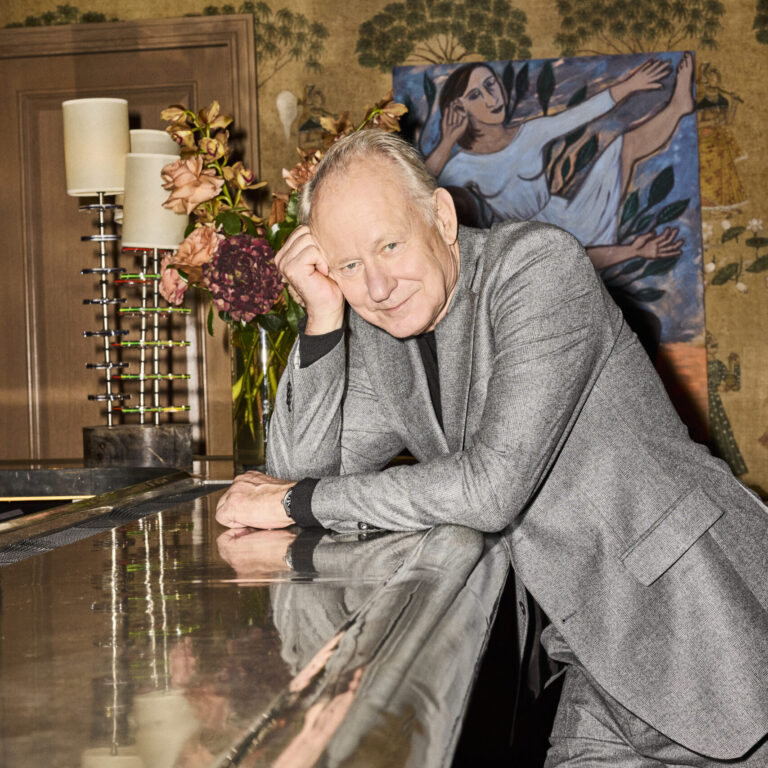
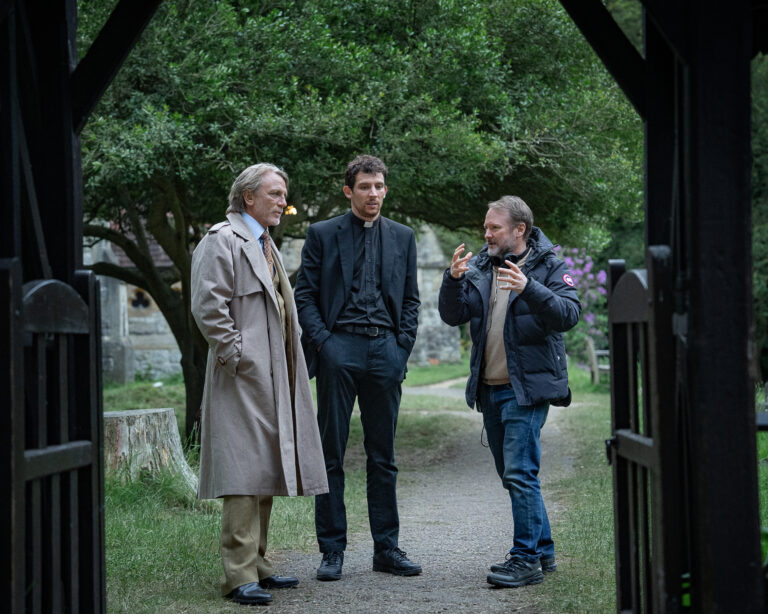
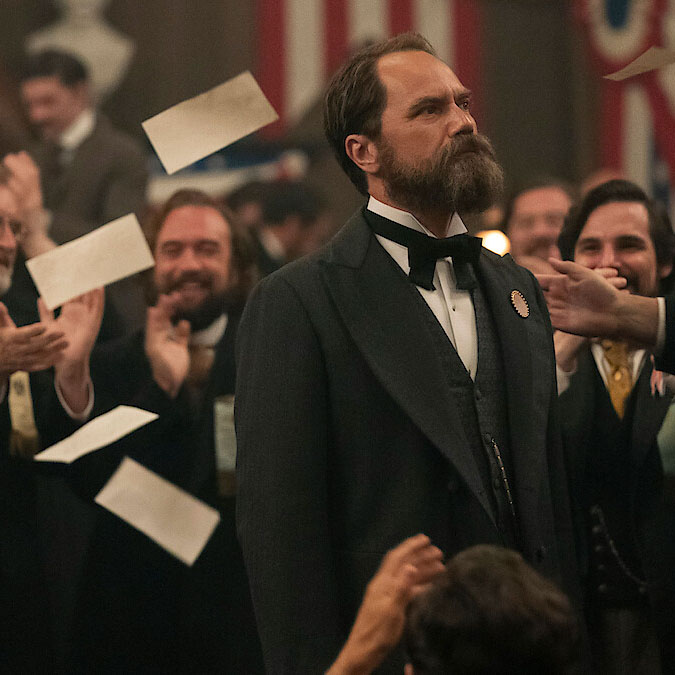
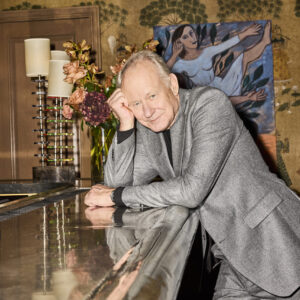
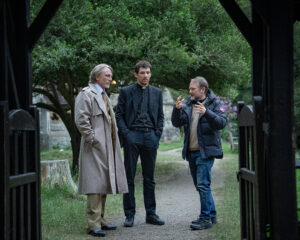
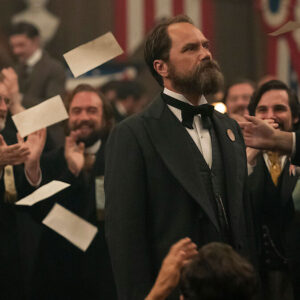



 in your life?
in your life?

